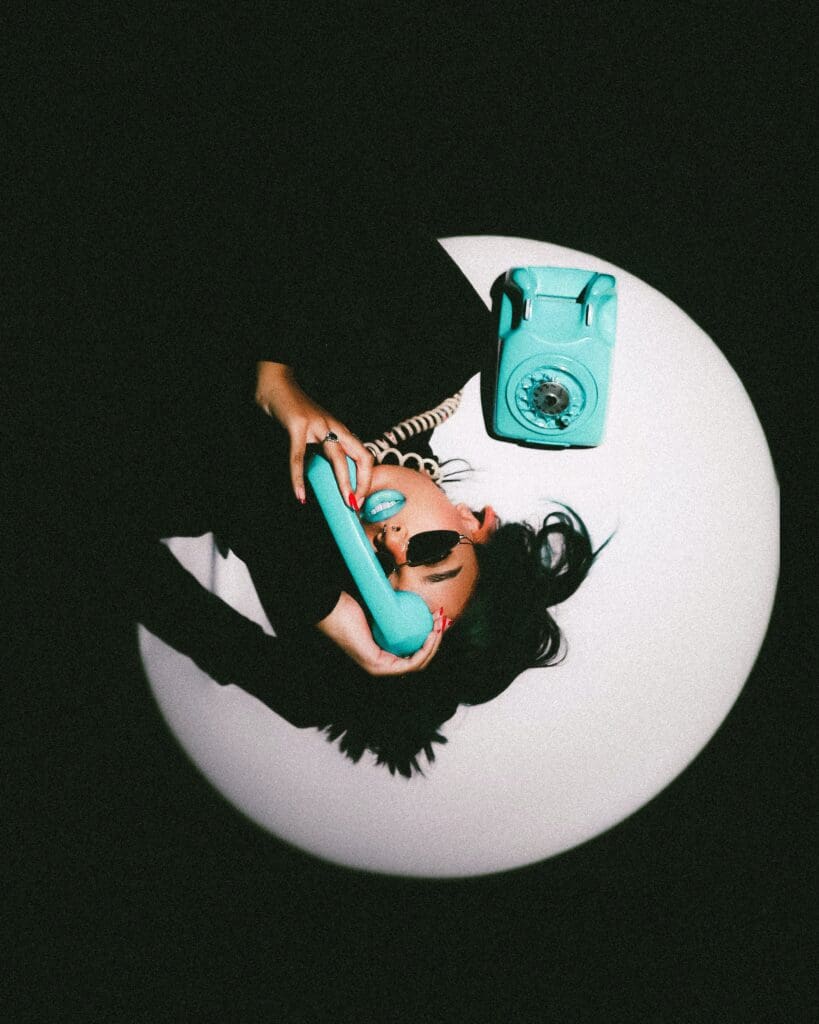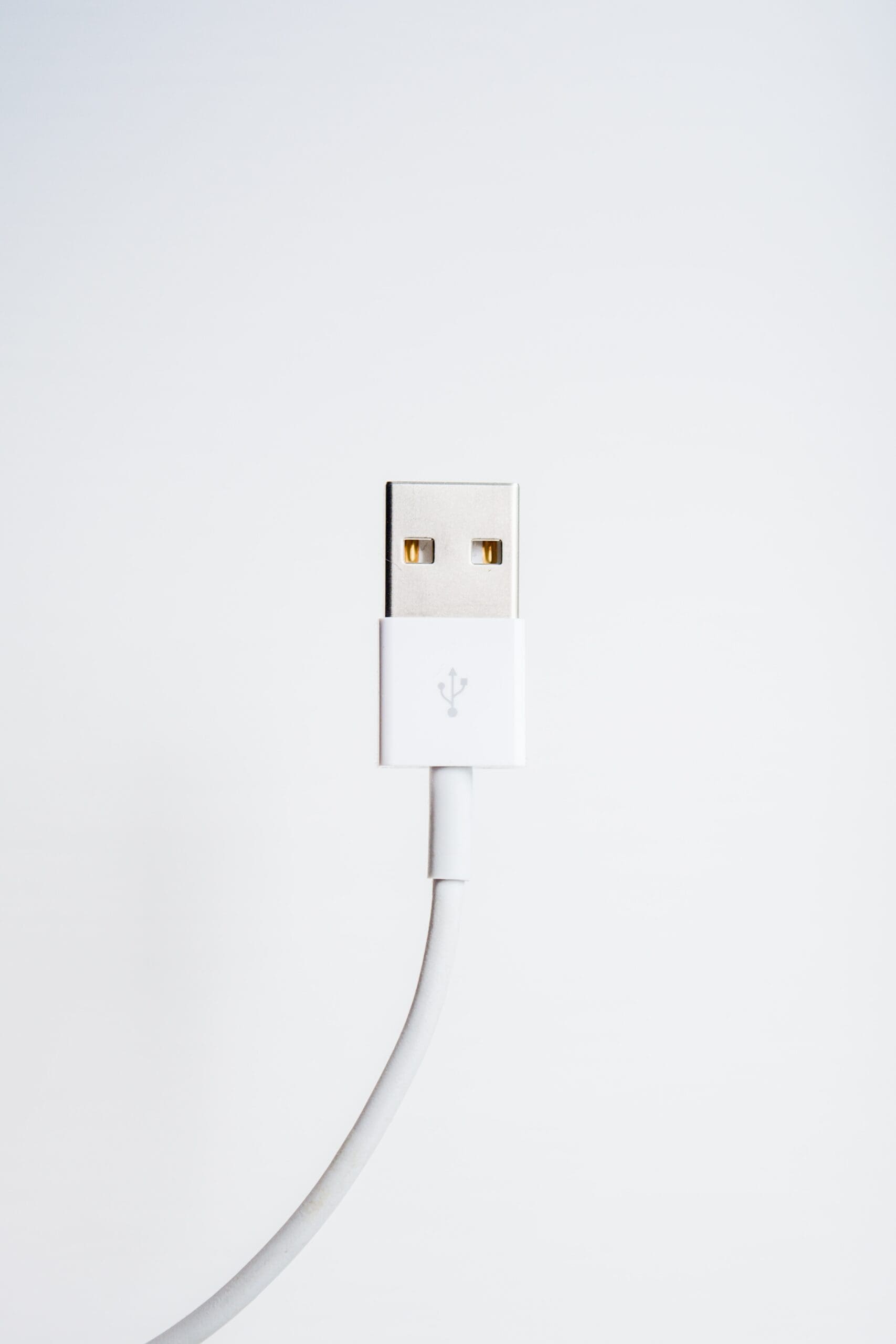Being plugged in is the norm. Connected and immersed in the digital world is a part of our everyday lives: some of us work from home, chat with our families over video, pay our bills and track our spending online. We like socializing on social media and staying connected with friends over messenger apps or sharing photos and videos of life moments and funny memes.

In fact, Canada is one of the most connected countries in the world, with 36.23 million Internet users, meaning the “net” penetration in Canada is 93.8 per cent of the population. At the start of 2023, there were 33.1 million social media users in the country, with Canadians spending almost seven hours on the web daily. While that statistic feels staggering when you crunch the numbers, staying connected has become part of the cultural zeitgeist. In many ways, most of us need screen time—but it’s very easy to overdo it. According to a report published by Google, it seems Canadians are getting increasingly addicted to their mobile devices; more than 80 per cent of survey responders said they don’t leave home without their mobile device and 35 per cent said they have become so reliant on mobile connectivity, they would give up TV before having to part with their smartphone.
Unsurprisingly, all of this connectivity comes at a cost. Instagram is considered the worst social media platform for mental health and well-being, associated with high levels of anxiety, depression, bullying or FOMO, the “fear of missing out.” And the other social platforms don’t precisely fare all that better, either. Check your feed on Twitter, and you are instantaneously bombarded with ill-information, all procured at such visceral speeds that our brains cannot process the overload. Existing in a social space can set unrealistic expectations and create feelings of inadequacy and low self-esteem, making us feel like we aren’t good enough or that we have to workshop our authentic selves to appear more desirable, pithy or exciting to the masses online, many of whom we barely know. It becomes a vicious loop of seeking acceptance in a world built on filters and character counts. While at its core social media is a powerful connection tool that has changed how people interact, mindless scrolling is not the best habit for our collective psychology. The Centre for Addiction and Mental Health in Toronto noted that teenagers who use social media for more than two hours daily are considerably more likely to rate their mental health as fair or poor than occasional users.
This behaviour was heightened during the COVID-19 pandemic, which confined people to their homes. Binging on digital and social interactions not only killed some time, but it became a source of current lockdown news and a moment of reprieve. It helped us and didn’t help us. Dr. Amber Cohen, clinical psychologist and director of The Cohen Clinic in Toronto, says that, by design, our smartphones are addictive. “Big business has designed technology in a way to get us hooked. We get a dopamine release in our brain when we pick up our phone or log into our social media accounts,” she says. “Using social apps is priming our psychology into thinking we are rewarding ourselves every time we pick up our device, which can be dangerous to our mental health.”
She goes on to say that many people start to feel trapped in their use of technology and find it hard to break the cycle to engage in more fulfilling activities. “Research shows us that we take the path of least resistance—it’s much easier to binge-watch a show versus go out on a nature walk,” she says. “We may know that engaging in an activity that brings us joy is more fulfilling, but tapping into the energy and motivation to do so becomes tricky when technology is so easy to engage with.”

Just about anyone can benefit from a digital break. It all comes down to whether your online time makes you feel more connected or less. When met with patients who subscribe to the dependency of existing in the online world, Dr. Cohen encourages people to consider a digital detox: making the mindful decision to intentionally take a time out from using electronic devices—either entirely for a short duration or sporadically throughout the day. Fitness regimens and cleanses aren’t the only way to detox your system. In today’s digital age, your mental health also deserves a break from its stressors.
“While people may get some forms of connection using these platforms, they are still often using it in the isolation of their home,” she says. “People miss out on all the essential nuances of human connection that happen when we are together in person. There is also the comparison thinking that happens when we exclusively see others’ highlight reels and none of their difficult moments— all of this can negatively impact our moods and perspectives of the world.”
Dr. Cohen believes you can still use technology, but not at the cost of engaging in other activities that spark joy and passion. Detoxing from digital is about finding that balance: replace your digital use with other activities you derive happiness from, whether reading a book, being in nature or engaging in physical activities. “Create pockets of time where you engage with technology and then put it away when the allotted time is over,” she says. Also big? Reviewing who and what you follow on social media and remove accounts that are not serving your happiness, along with muting the nonstop notifications we get on the daily. “By muting notifications, you will only feel compelled to check the technology when you want to, not when you are called to.” If these strategies fail, and you feel like your mental health is being negatively impacted, Dr. Cohen says it’s important to consider seeing assistance from someone trained to help. “Engaging in therapy can help process your feelings and create coping strategies that are uniquely effective for you.”
In a world where we “go live” for everything, it’s easy to romanticize the idea of going dark online. Celebrities do it, too. Ed Sheeran has announced (multiple times) when he takes a break from Instagram, and so have Demi Lovato, Chrissy Teigen and Taylor Swift—women who have received an unwarranted share of critique and criticism from strangers hiding behind their screens. Taking a break from digital and returning to your pre-technology roots can sound revolutionary, even ballsy, but, in reality, it’s less about glamourizing the novelty and more about recognizing what you need for yourself and no one else.
Deactivating your social media accounts and deleting the apps from your phone can be a few days, weeks, months or a lifetime. The choice is yours. “Learn that you can survive without having to check your device,” says Cohen. “As you practise this, the urgency you feel will reduce over time, which opens the door for you to embrace the other things in your life that bring you contentment and satisfaction.” —Lara Ceroni

Be the first to comment